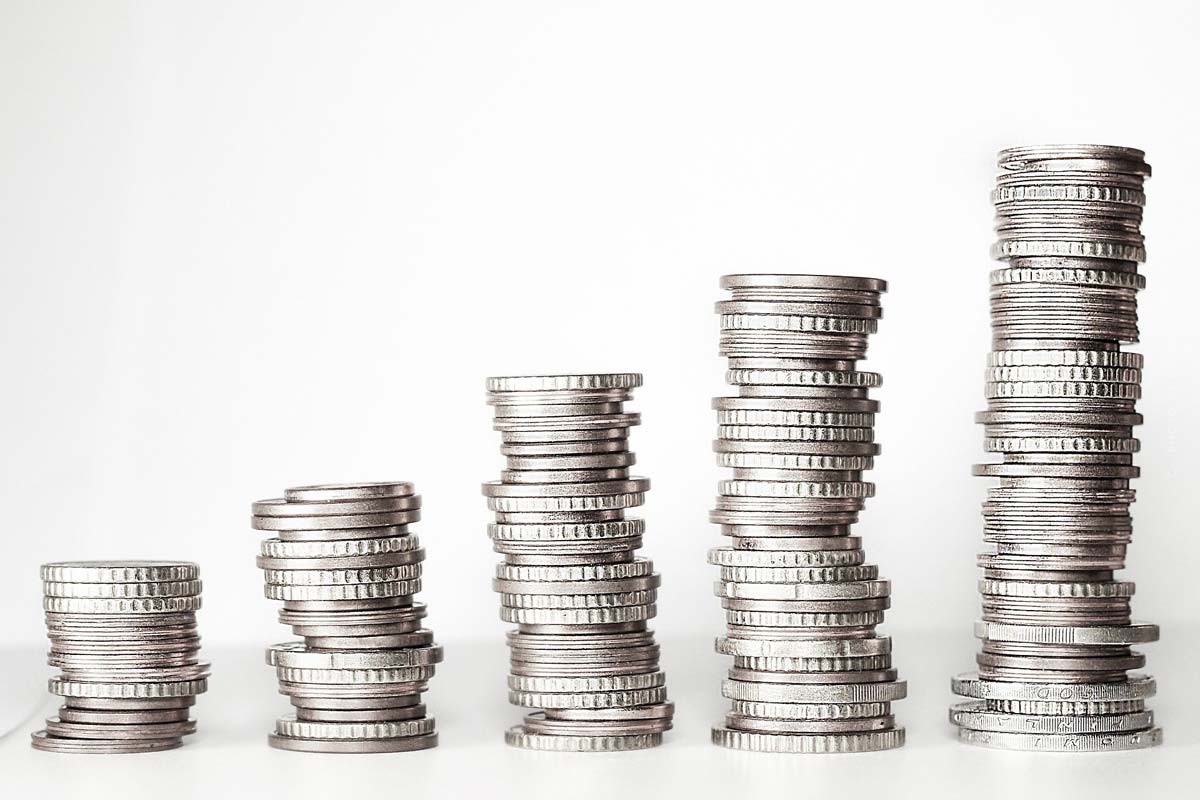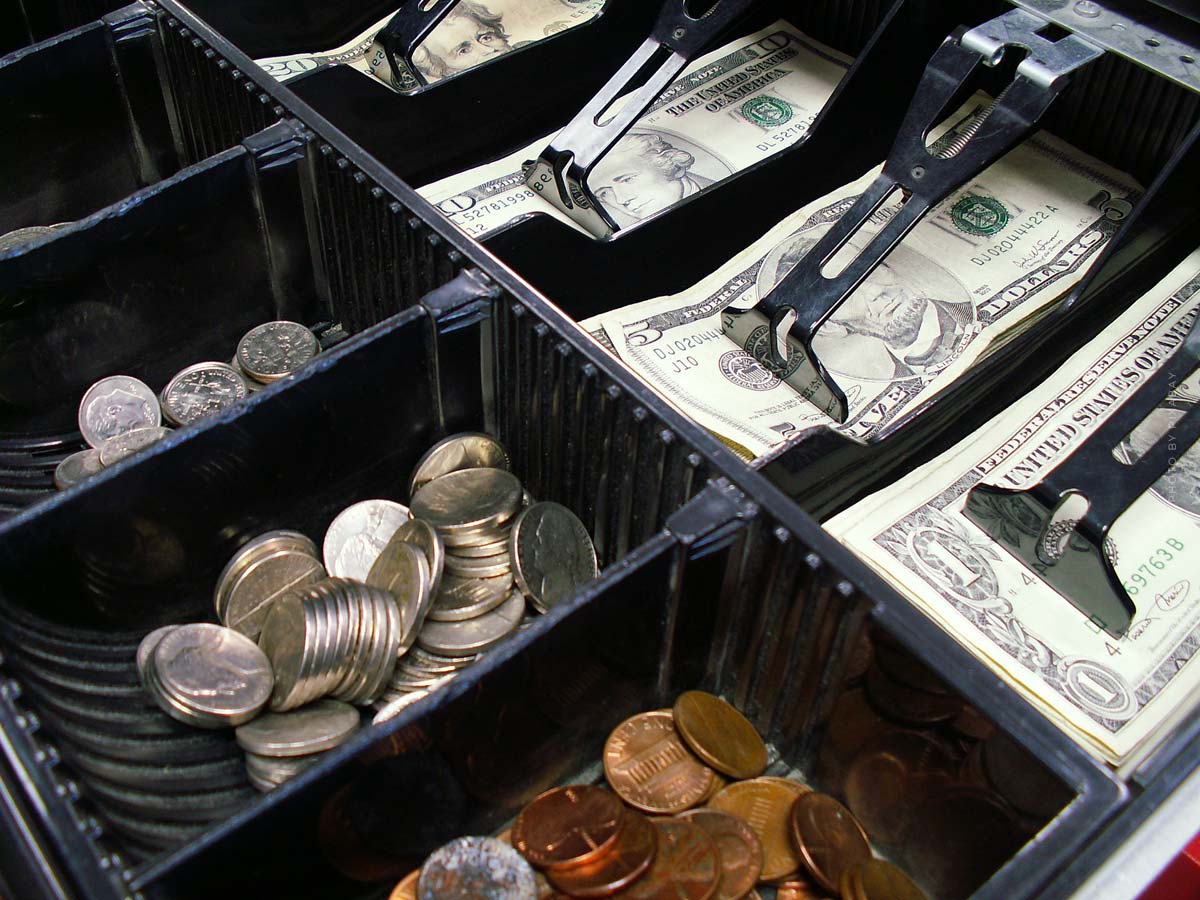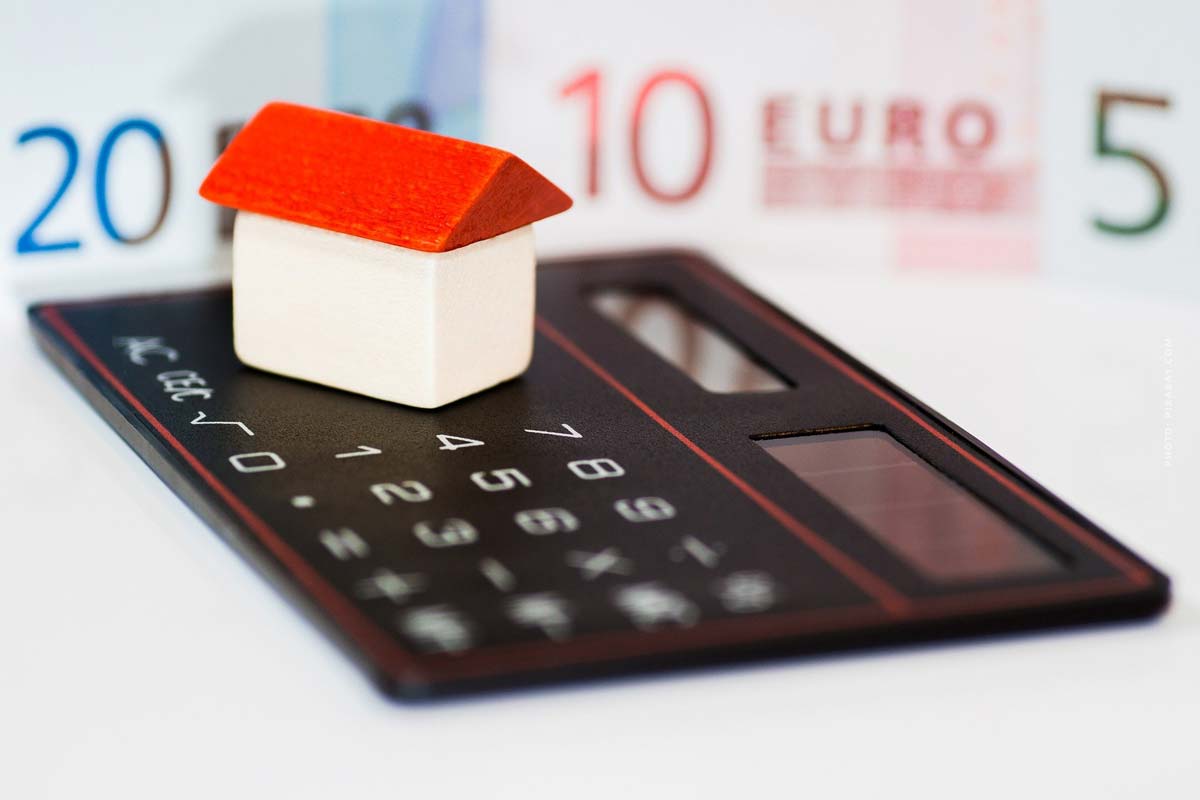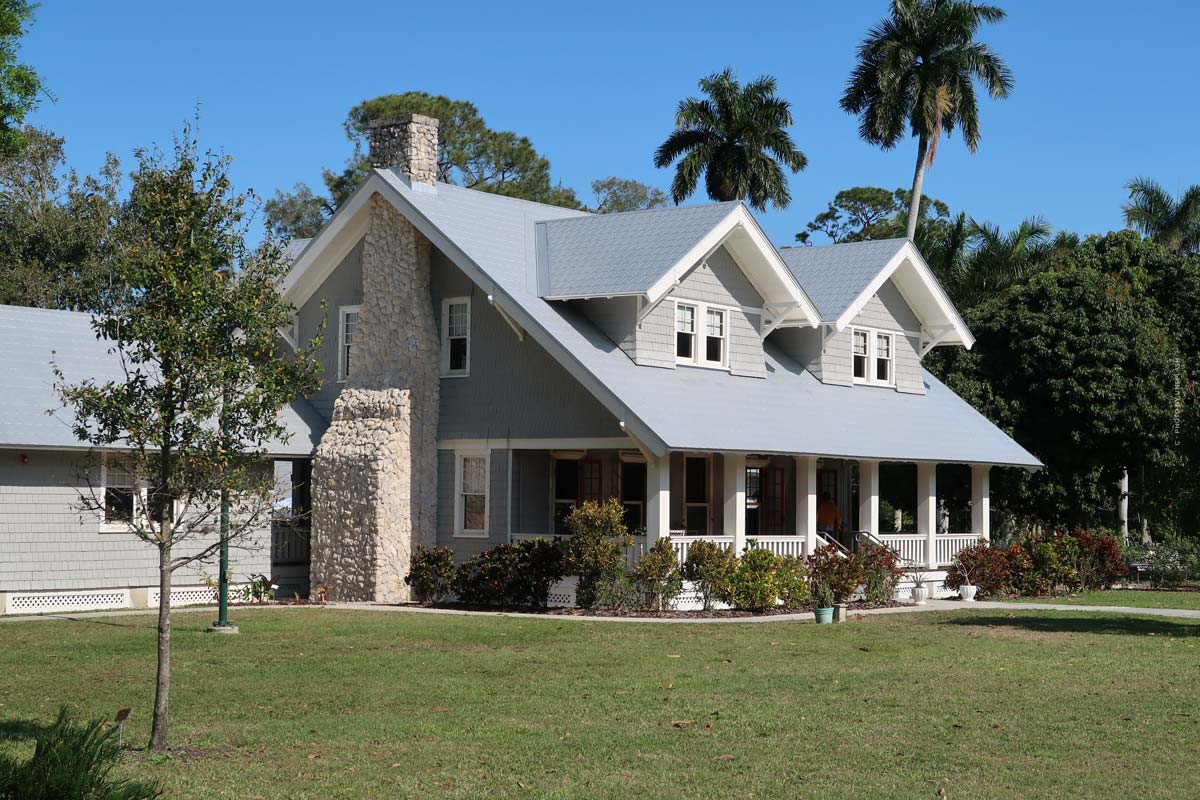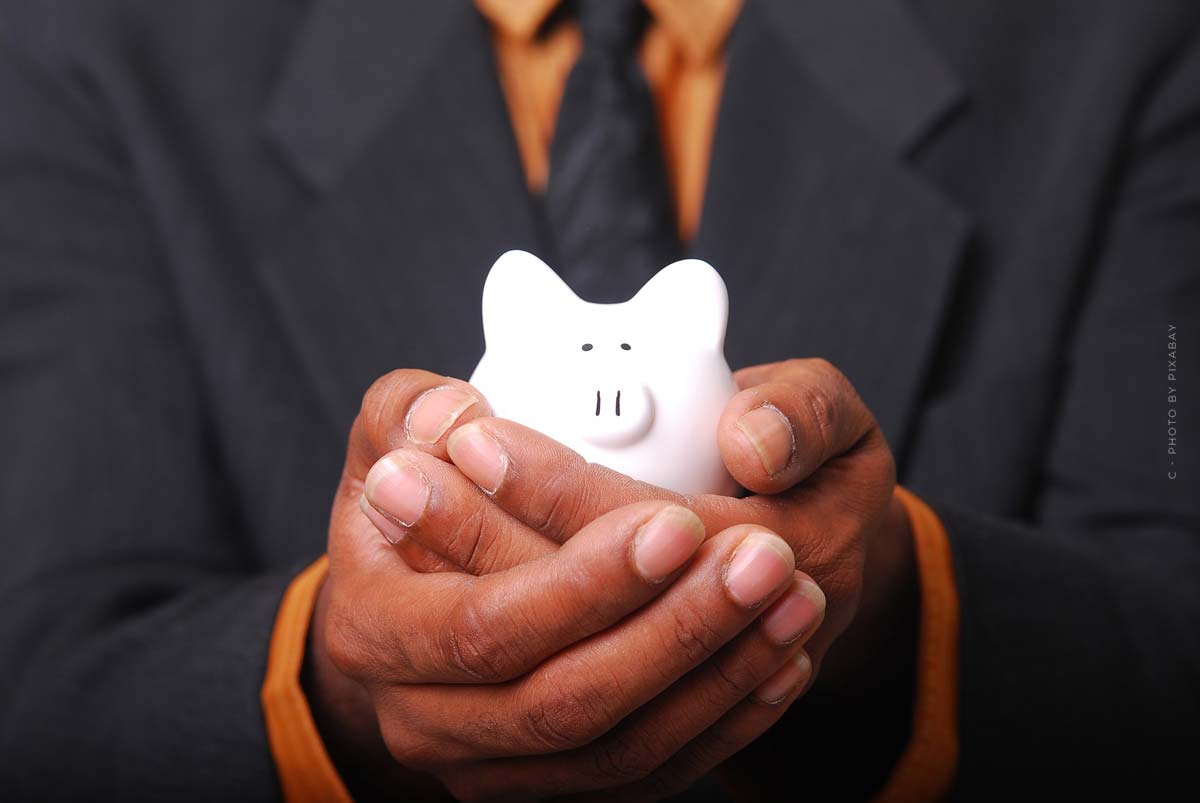Fixed-term deposits – term, interest and planning
Fixed-term deposit – The term fixed-term deposit refers to a financial investment that is tied to a specific term. You agree this term with your bank in advance. Periods of between twelve months and six years are common. The term is the most important distinguishing feature between fixed-term deposits and overnight money. While you can dispose of the balance in an overnight deposit account at any time, the money in a time deposit account is not available. If you want to receive the agreed interest, it is necessary that you do not touch the money during the entire term. If you urgently need the money, you can terminate the time deposit account. The deadlines for such a termination are one to three months. Therefore, transfer money to the fixed deposit account only if you are sure that you will not need it during the entire term.
Investing fixed-term deposits for the purchase of real estate
As the fixed deposit earns higher interest than in call money account, it is well suited as an investment for buying a property. Most property buyers plan to buy or build a house several years in advance. It is important that the financing is planned securely. This can be achieved if you have a secure income and contribute a share of equity. Money that is stored in a fixed deposit account is very suitable as eligible equity for the purchase of real estate. You can plan optimally with the money because you know exactly when the contract expires. You also know the interest rate beforehand, and you have the option of calculating the total amount. Compared to a securities investment, this is an advantage because you know exactly how much money is in the fixed-term deposit account. Securities investments can also yield higher interest in the short term.
However, the disadvantage compared to the time deposit is that you do not know in advance what amount you can expect. In addition, the investment in securities initially costs fees. It often takes some time until the costs can be offset by the interest gain. If you want to plan safely, time deposits have advantages over investments in shares and securities, despite the lower interest gains.
Deposit the proceeds of the sale as a fixed-term deposit
Once you have successfully sold your property, you will receive the proceeds of the sale. The money is usually parked in a notary’s escrow account for the duration of the preparation of the purchase contract and the notarial agreement. Sometimes you agree on a down payment with the buyer. The remaining sum is usually due with the transfer of ownership in the land register.
The fixed deposit account is a very good choice for the sale proceeds if you do not want to invest it immediately. Put it in the fixed deposit account if you are looking for an alternative to securities or stocks. You will no longer get interest on a balance held in a checking account at most banks. Overnight deposit accounts pay very little interest. For these reasons, a time deposit account is recommended because of its fixed interest rate and the optimal planning of a new inventory. You decide how long you can do without the money and transfer it to the fixed deposit.
Further information on the subject of accounts
Call money – ideal for construction financing
The term already describes the fact that call money is a short-term investment. In this respect, call money differs from
- Find out more about call money here.
Current account – cash withdrawal, cash deposit and fees
A current account is used to handle your daily financial transactions. You use it as a salary account, for purchases and for all transfers and debits that become necessary in everyday life. Current accounts are offered by all banks and savings banks. Before opening a current account, it is strongly recommended to compare the conditions. The offers differ greatly in their price-performance ratio. There are current accounts where account management is completely free. However, with many banks you pay fees. Before opening, you should find out for yourself which services of the bank you need and what you can possibly do without. In many cases, a free checking account is sufficient. Sometimes, however, you are limited in the options for obtaining cash.
- Find out more about current accounts here.
